Driving Change in Agriculture: Plastic Molding's Impact
From the beginning of its existence, the primary process of custom plastic injection molding has catalyzed transformation across multiple industries around the globe. One field of extraordinary impact is agriculture, with this efficient manufacturing process offering improvements in productivity, sustainability, and cost-effectiveness.
Benefits of Engaging a Plastic Injection Molding Manufacturer
The plastic injection molding process converts molten plastic into uniformly shaped parts rapidly, offering numerous benefits to the agricultural sector.
Chemical Resistance in Custom Injection Molding:
In agriculture, machinery parts often encounter various chemicals like fertilizers and pesticides. That’s why it’s crucial these parts can handle this constant exposure. The impact of plastic injection molding on agricultural equipment is significant, as it enables the production of durable, chemically resistant components. That’s where custom injection molding shines. Plastics such as polyethylene and polypropylene used in this process have great chemical resistance. This not only makes the parts more durable but also more cost-effective in the long run. So, with injection molding, you’re not just getting high volumes of identical parts but parts that can brave the tough conditions in agriculture.
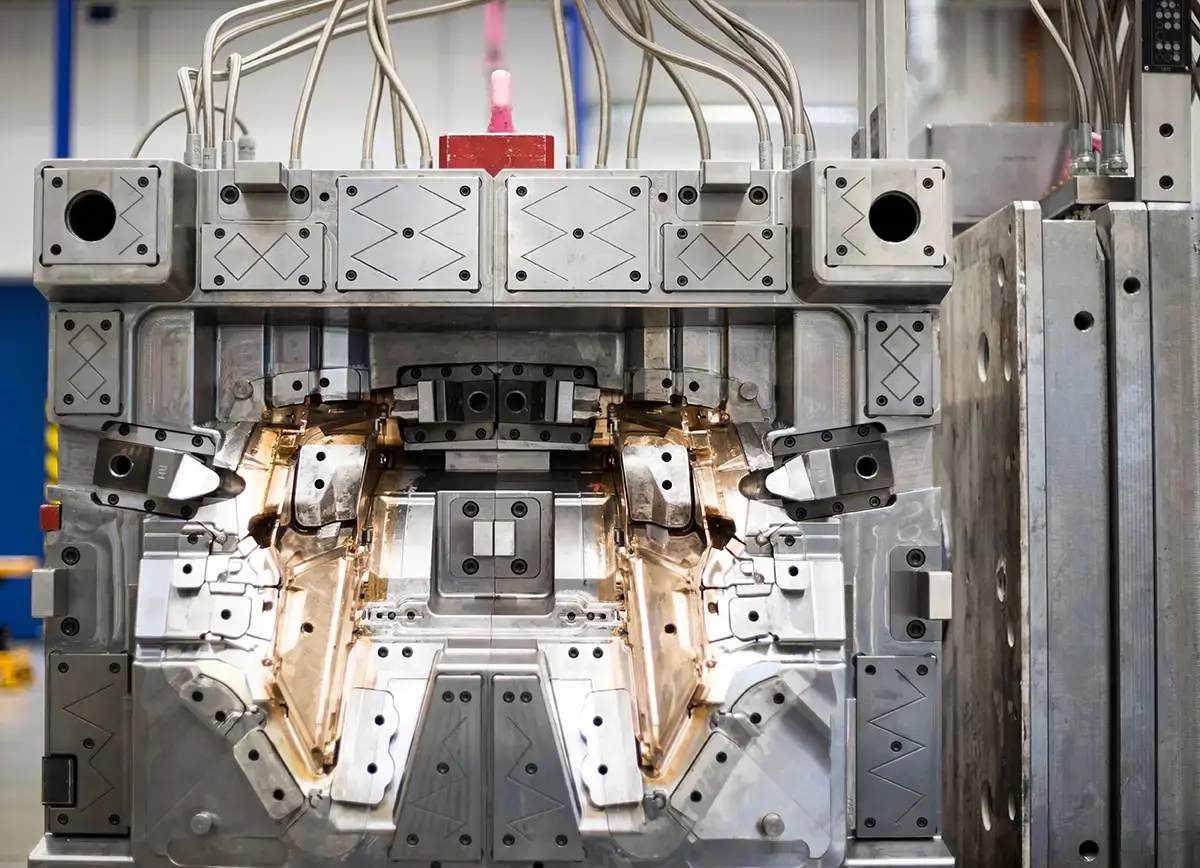
Efficiency & High Volumes:
A key characteristic of plastic injection molding is its efficiency, coupled with its ability to produce large volumes of uniform parts. This feature plays a significant role in agriculture, which demands high quantities of identical components for various equipment and machinery. Be it intricate elements of irrigation systems or sturdy components for heavy-duty machinery, plastic injection molding guarantees quick and consistent production.
Durability & Versatility:
The agricultural environment necessitates durability, which is a defining feature of parts manufactured via plastic injection molding. These components are resilient, resistant to wear and tear, and can endure extreme weather conditions. Furthermore, the versatility of this manufacturing process allows for the creation of customized parts suitable for a myriad of agricultural applications.
Cost-Effectiveness: A Key Reason to Choose an Injection Molding Company in Illinois
Considering the nature of profit margins in agriculture, cost-effectiveness is a crucial consideration. In this regard, plastic injection molding in Illinois stands out. The combination of high-volume production, minimized waste, and reduced post-production work makes it a cost-effective option for the agricultural industry.
Sustainability:
Sustainability is a growing concern in contemporary agriculture. The responsible use of plastic injection molding can contribute significantly to these efforts. While plastics are often associated with environmental harm, responsible manufacturing processes like injection molding can mitigate such impacts. Precise usage of materials leads to waste reduction, and many of the plastics employed in injection molding can be recycled, further diminishing their environmental impact.
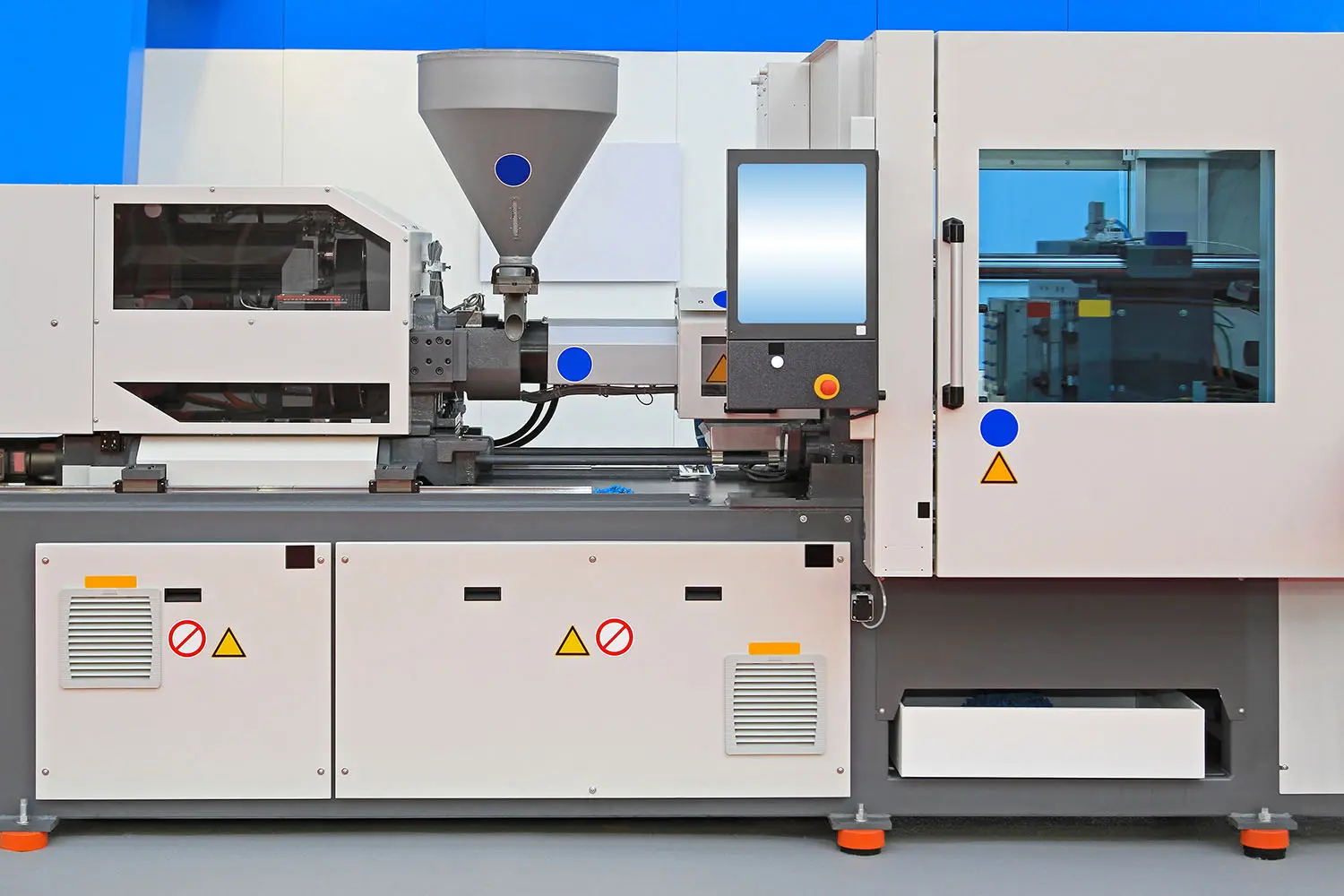
Enriching Agriculture: Plastic Molding’s Vital Role
When it comes to harnessing the benefits of plastic injection molding, the agricultural sector offers a rich canvas of opportunities. Agriculture’s inherent complexities necessitate a wide range of equipment and machinery, all of which can benefit from the versatility, durability, and cost-effectiveness of plastic parts.
Irrigation Systems:
Precision in irrigation is paramount to agricultural success, and plastic injection molding plays a significant role here. From small components such as drip emitters and sprinkler heads to larger parts like pipes and valves, injection molding provides high-quality, resilient parts that can endure the rigors of the agricultural environment. Its ability to produce high volumes of identical parts ensures that irrigation systems function optimally and consistently.
Equipment and Machinery:
In the world of heavy-duty agricultural machinery, durability is key. Plastic injection molding offers this strength and more. Be it the intricate gears within a combine harvester, robust panels for a tractor, or custom components for seed drills and balers, injection molding delivers. The result is sturdy, long-lasting parts that can stand up to harsh conditions, reducing machinery downtime and maintenance costs.
Storage and Transportation:
Agriculture involves not just growing, but also storing and transporting produce. Plastic injection molding aids in this aspect by offering custom solutions. Crates, bins, pallets, silos – all can be crafted using plastic injection molding. Such storage solutions are not only durable and weather-resistant but also light-weight and stackable, making them ideal for transport.
High-Tech Farming:
The wave of precision farming and agricultural technology has also opened new avenues for plastic injection molding. High-tech devices such as GPS systems, yield monitors, and drones contain numerous plastic parts. Their lightweight nature, precision, and design flexibility make them ideal for incorporating into advanced farming technology.
The agricultural sector’s versatile nature calls for a manufacturing process that’s just as adaptable. With its many benefits and diverse applications, plastic injection molding proves itself to be a dependable ally in the ongoing agricultural revolution.
CBM Plastics: Your Trusted Partner for Plastic Injection Molding in Illinois
In the world of plastic injection molding, CBM Plastics has established itself as a standout player, particularly for businesses in the agriculture sector. With decades of experience under their belt and a deep understanding of agricultural needs, this Illinois-based company is dedicated to providing superior quality products and services.
A Custom Approach with CBM Plastics, the Leading Plastic Injection Molding Manufacturer, Illinois
CBM Plastics understands that one size does not fit all in agriculture. That’s why they take a custom approach, crafting plastic parts that perfectly fit each client’s unique needs. This could range from complex components for high-tech farming equipment to straightforward parts for traditional machinery. CBM Plastics delivers precision in every piece, ensuring top-notch functionality and longevity.
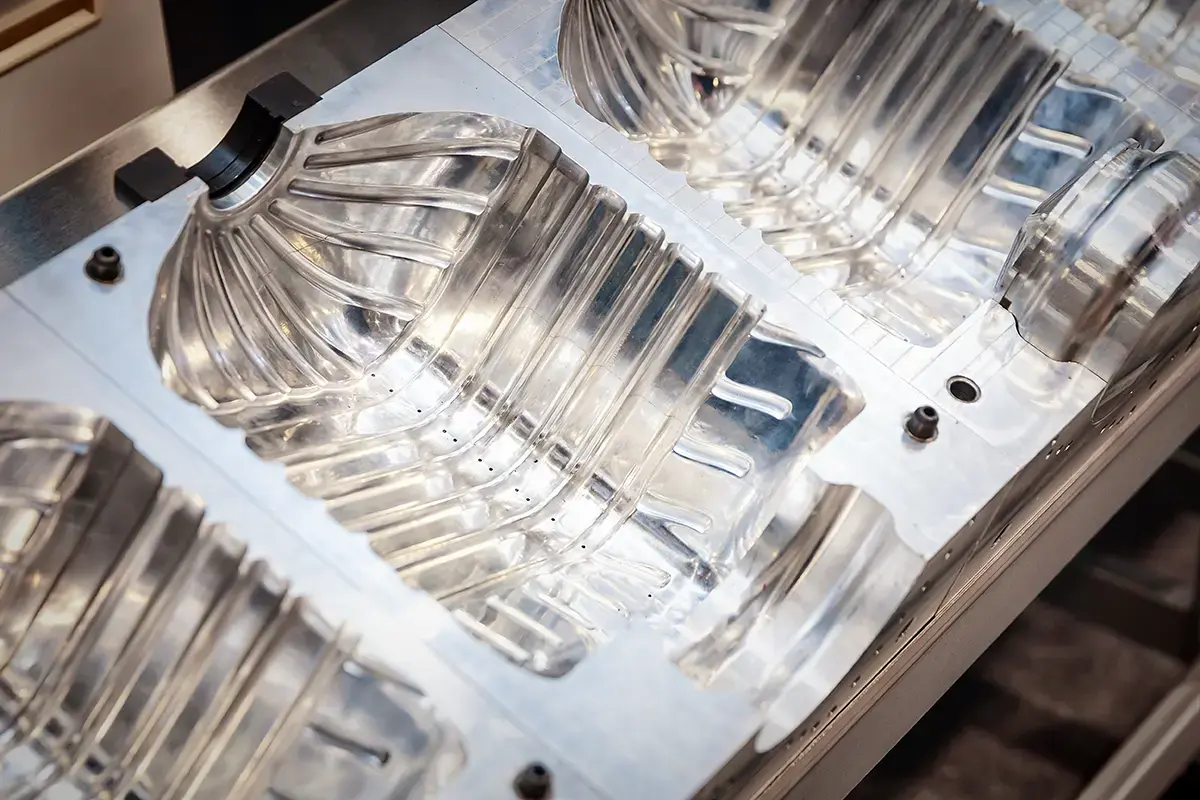
Expertise in Plastic Injection Molding, Illinois
With extensive industry knowledge and cutting-edge equipment, CBM Plastics excels at every stage of the plastic injection molding process. Their team of experts controls every detail – from part design, mold creation, manufacturing process to final product. They ensure optimal wall thickness for each part, adjust the injection pressure as needed, and oversee the intricacies of the injection unit and mold cavities.
A Wide Range of Materials:
CBM Plastics believes in using the right material for the right job. They offer a broad selection of materials to suit different applications, ensuring that the plastic parts withstand the rigors of the agricultural environment. From standard plastics to engineering-grade resins, CBM Plastics will guide you to the ideal material choice for your specific application.
Ensuring High Volumes with Speed and Efficiency: Choose CBM Plastics, Injection Molding Manufacturer, Illinois
CBM Plastics understands the importance of maintaining a steady supply of parts in the agriculture sector. They use advanced injection molding machines to produce high volumes of identical parts rapidly. The result is a fast, efficient, and reliable service that keeps your operations running smoothly.
Strong Quality Assurance and Customer Service
At CBM Plastics, quality assurance is not an afterthought. Every part they produce undergoes rigorous testing to ensure it meets the highest standards. Their commitment to customer service is equally strong, with a team ready to assist with any queries or concerns. When you partner with CBM Plastics, you’re not just getting a plastic injection molding service – you’re gaining a dedicated ally for your agricultural business.
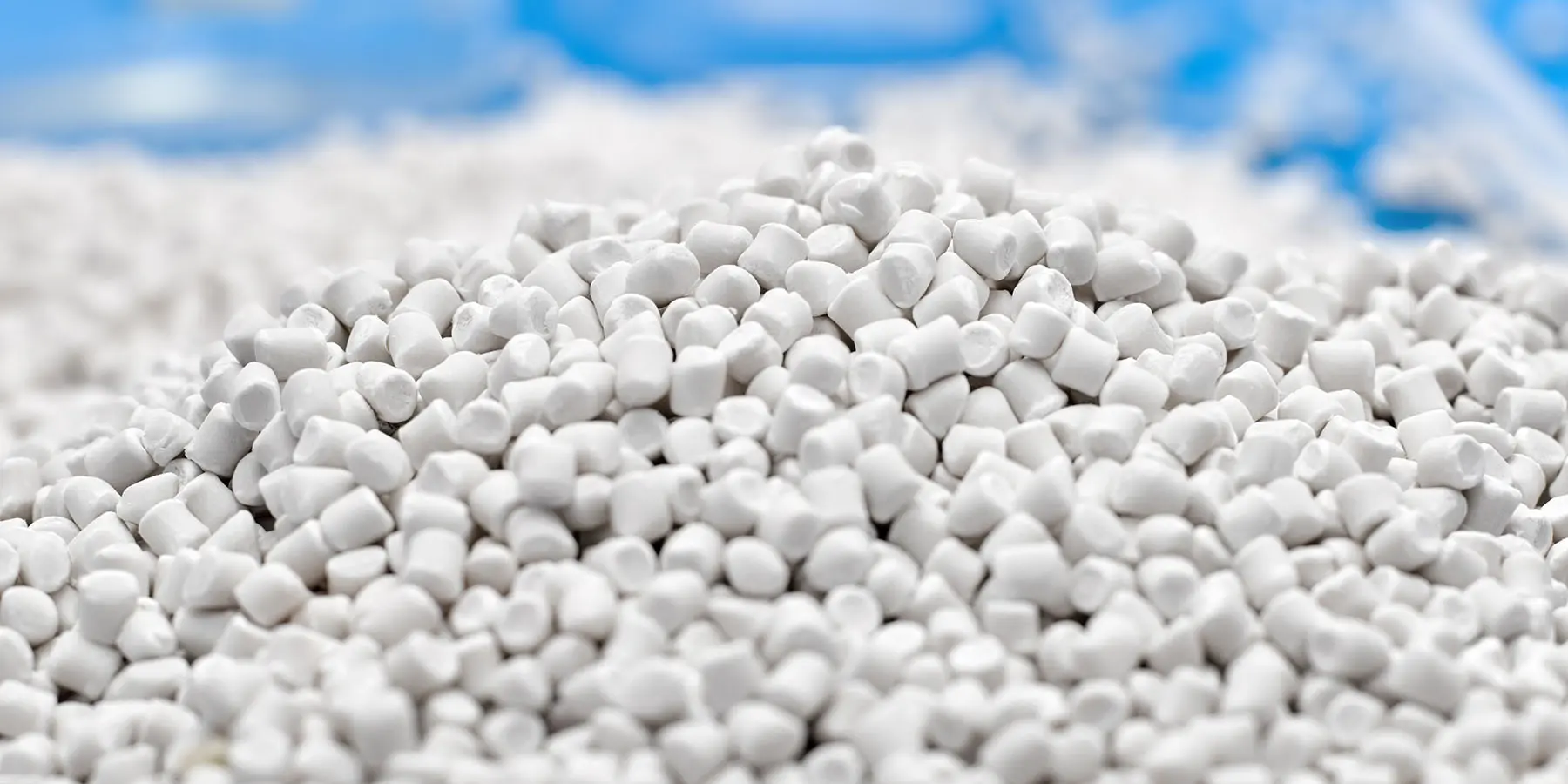
20 Most Common Questions About Plastic Injection Molding
In this final section, we’ll address the 20 most frequently asked questions about plastic injection molding. The answers to these questions will further your understanding of the process and its applications in the agriculture sector.
1. What is plastic injection molding?
Plastic injection molding is a manufacturing process used to produce identical parts in high volumes. Molten plastic is injected under pressure into a mold cavity, where it cools and solidifies into the desired shape.
2. What materials can be used in plastic injection molding?
A wide range of plastic materials can be used, from standard plastics to engineering-grade resins. The choice of material depends on the part’s required properties and the application it will be used for.
3. What are the benefits of using plastic injection molding in agriculture?
Injection molded plastic parts are durable, cost-effective, and able to be produced in high volumes. They can also be custom-designed to meet specific requirements in agricultural applications.
4. How does the injection molding machine work?
An injection molding machine consists of three main parts: the injection unit, the mold, and the clamping unit. The machine heats the plastic to a molten state and then injects it into the mold under high pressure.
5. What is the role of wall thickness in plastic injection molding?
Wall thickness in a molded part is crucial for its strength, durability, and cooling rate. Uniform wall thickness can help avoid issues like warping or sink marks.
6. What is an injection unit?
The injection unit of an injection molding machine is where the plastic is heated until it becomes molten. This molten plastic is then injected into the mold.
7. What is a mold cavity?
A mold cavity is the hollow space within the mold where the molten plastic is injected and solidifies, taking on the shape of the cavity.
8. How does the manufacturing process work?
In the plastic injection molding process, the plastic is first heated and then injected into the mold. After cooling and solidification, the molded part is ejected.
9. Can plastic injection molding be used for complex part designs?
Yes, plastic injection molding is capable of producing parts with complex geometries, including intricate details and undercuts.
10. How does plastic injection molding ensure identical parts?
As the process involves injecting molten plastic into a predefined mold, each part produced is an exact replica of the mold, ensuring uniformity across high volumes of production.
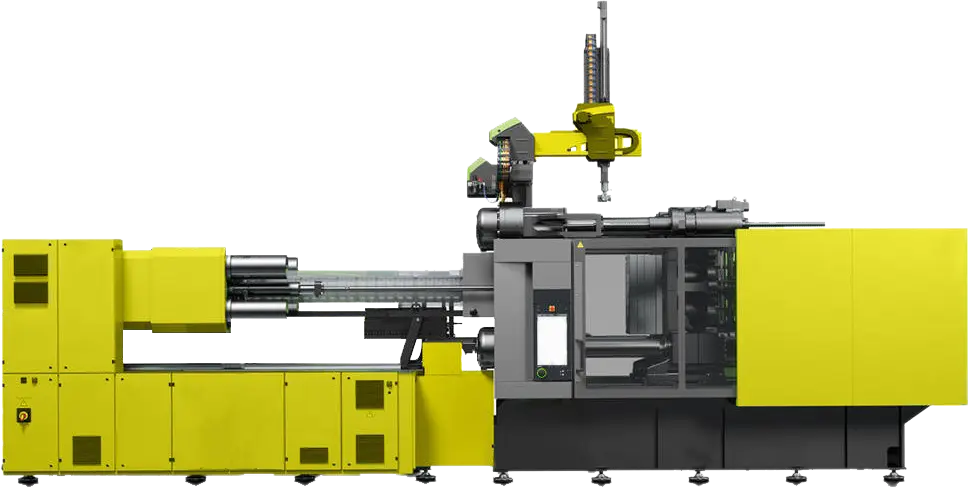
11. What is the parting line in plastic injection molding?
The parting line is the line where two halves of a mold meet. It’s essential to maintain precision in this area to avoid defects in the final product.
12. What is the role of injection pressure in the process?
Injection pressure helps push the molten plastic into every part of the mold cavity. The correct pressure ensures the part is filled correctly, affecting the quality of the final product.
13. How does product design influence plastic injection molding?
Product design dictates the complexity of the mold, the type of plastic used, and the necessary production parameters, including pressure, temperature, and cooling time.
14. What is the importance of snap-fit joints in injection molding?
Snap-fit joints are an efficient method for assembling parts without the need for screws or glue. This feature can be incorporated directly into the design of the molded parts.
15. Can different mold cavities be used in one production cycle?
Yes, different mold cavities can be used in a single production cycle to produce an assortment of parts in one go. This increases the efficiency and productivity of the plastic injection molding process.
16. What is the difference between thermoforming and plastic injection molding?
While both methods involve shaping plastic, they differ significantly in their process. Thermoforming heats a plastic sheet until it’s pliable, then shapes it over a mold and cools it. Plastic injection molding, on the other hand, injects molten plastic into a mold cavity where it cools and solidifies. You can read more about the differences between thermoforming and plastic injection molding here.
17. What is the role of an injection molding company, Illinois based or otherwise?
An injection molding company like CBM Plastics in Illinois provides the machinery, experience, and technical expertise required for efficient and high-quality production of injection-molded parts. The company may also offer additional services such as product design assistance, material selection, and post-production finishing.
18. How do I choose the right plastic injection molding manufacturer, Illinois based or beyond?
When choosing a manufacturer, consider factors such as the company’s track record, its technical capabilities, the quality of its machinery, and its ability to meet your specific needs. CBM Plastics, an Illinois-based plastic injection molding manufacturer, stands out due to its commitment to quality, vast industry experience, and comprehensive services.
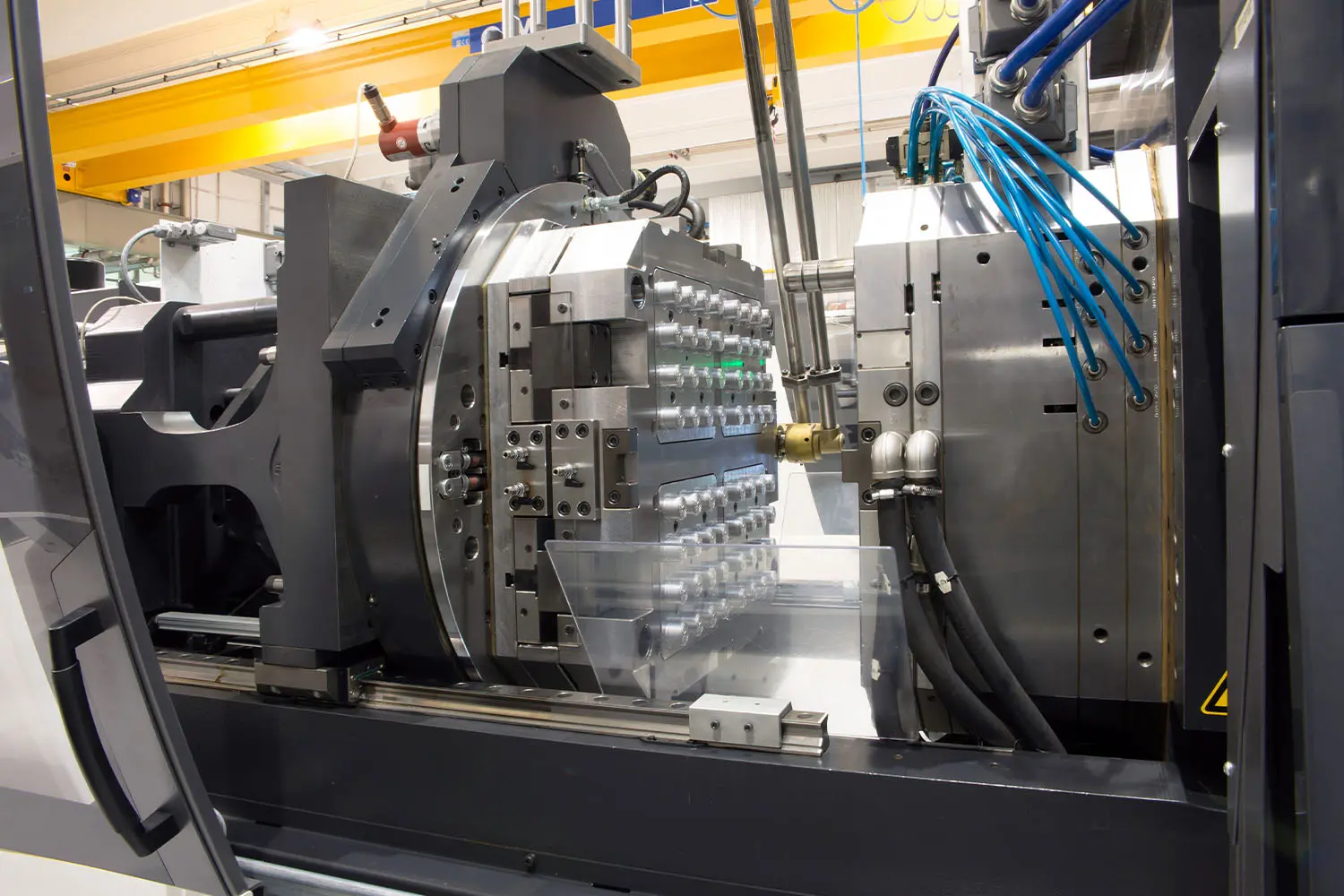
19. What are some applications of plastic injection molding in the agricultural sector?
Plastic injection molding is used in agriculture to create a wide range of equipment parts and components, such as irrigation system components, tractor parts, and greenhouse equipment. The process allows for the production of durable, resistant, and customized plastic parts that meet the specific demands of the agricultural environment.
20. What is the future of plastic injection molding?
The future of plastic injection molding looks promising with advancements in materials, machinery, and automation. Companies like CBM Plastics are consistently innovating to offer better solutions for industries like agriculture. For more insights, visit this link.

